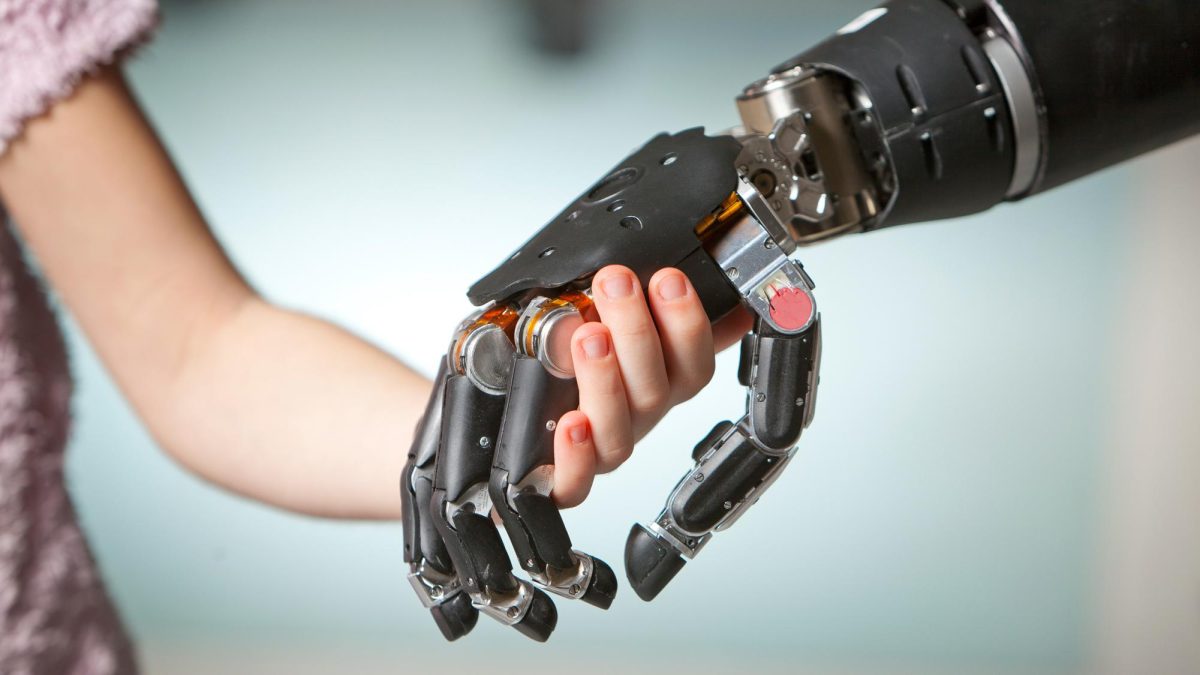The University of Arkansas received $4.9 million from the U.S. Department of Defense to help develop prosthetics with a sense of touch.
The trial is an ongoing process and is still in development, however, multiple trials have been run, and research is continuing. Along with the goal of a sense of touch, the University is also focusing on improving overall movements and functions.
“The whole concept started with our servicemen returning from the Iraq war,” said Dr. Ranu Jung, associate vice chancellor and executive director of the Institute for Integrative and Innovative Research. “It is so fitting that now we have a partner in the Walter Reed National Military Medical Center – the best in the world – for the care of our servicemen and women. So those who lost a limb, this will now become part of the clinical trial at that site.”
Although there are a lot of veterans, anyone who has lost an upper-body limb, such as a hand or arm, can participate in the trial.
“If you have an amputation, and get a prosthetic, you can’t feel anything normally,” said Jung.
Scientists say that the signals from the sensors are converted by the control system in the prosthesis into electrical signals which are sent to stimulate a nerve in the arm or hand stump.
This revolutionary tech is bound to impact the world for many army veterans and can even be mobilized for emergency treatment on future battlefields. Prosthetics have helped many who have lost their limbs to regain mobility, function, and perform other daily acts of living.
The scientist Jung states that their company is set to open in 2024, greatening the potential of futuristic technology that can advance the world further; even opening the potential of sense-of-touch legs.
As technology increases, many lives are saved in a multitude of ways. The prosthetic tech has already transformed the lives of many. Functions that are lost are regained through the power and energy of technology.








